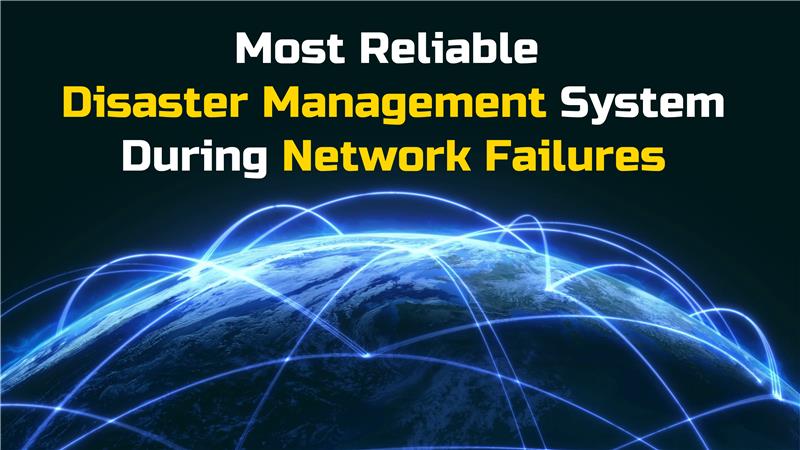
Category: Digital Transformation
Date: September 2025
Why Communication Fails During Emergencies
During disasters — whether natural, industrial, or public safety incidents — communication systems are often the first to fail. Network outages, overloaded servers, and infrastructure damage can leave responders blind, delaying critical decisions. Traditional systems rely solely on the internet, meaning once the network is down, coordination halts.
This is the core problem mPHATEK set out to solve with Dosto.
Dosto’s Reliability Starts with Dual Operating Modes
What sets Dosto apart is its ability to function continuously, even when the internet is unavailable.
Normal Mode: Efficient Internet-Based Operations
When connectivity is available:
- 1) Devices connect to a local Dosto server via Wi-Fi or the internet.
- 2) Updates are stored locally and pushed to a central cloud server, ensuring data consistency.
- 3) Teams receive real-time updates, reducing miscommunication and speeding response.
While this ensures efficiency during normal conditions, the real innovation comes into play when networks fail.
Mesh Mode: Reliable Local Coordination Without Internet
Dosto’s Mesh Mode is the key to its reliability:
- 1) The local server becomes a Parent Mesh node, automatically forming a Wi-Fi mesh with nearby servers (Slave nodes).
- 2) Information hops between nodes using a relay mechanism, allowing messages to reach all responders in the local network.
- 3) Teams can send alerts, share updates, and coordinate actions without internet access.
Unlike traditional systems that fail entirely during network outages, Dosto ensures continuous local communication, a critical factor in disaster response.
Resync Mode: Ensuring Data Integrity
Reliability isn’t just about communication; it’s also about keeping data accurate and complete. Once internet connectivity returns:
- 1) Dosto enters Resync Mode, syncing all locally stored information back to the central cloud.
- 2) No alerts, messages, or updates are lost.
- 3) Centralized records remain fully up-to-date, preserving the integrity of operations.
This combination of Mesh Mode for uninterrupted local operations and Resync Mode for complete data integrity makes Dosto uniquely reliable.
Why Dosto Stands Out Among Disaster Management Systems
Reliability isn’t just about communication; it’s also about keeping data accurate and complete. Once internet connectivity returns:
- 1) Uninterrupted communication: Mesh Mode ensures responders never go offline.
- 2) Redundancy built-in: Local servers and relays prevent single points of failure.
- 3) Real-time coordination: Updates reach everyone, even without the internet.
- 4) Data integrity: Resync Mode guarantees that nothing is lost once connectivity is restored.
- 5) Scalable and adaptive: Works in any region, network condition, or emergency scenario.
No other system combines local mesh networking, central cloud synchronization, and seamless resync as effectively as Dosto. This is what truly makes it the most reliable disaster management system during network failures.
Conclusion
In emergencies, communication failure can cost lives. Dosto solves this with a robust, adaptive, and intelligent system that ensures responders stay connected, updates are never lost, and coordination continues regardless of network conditions.
When it comes to disaster management, Dosto isn’t just another system — it’s the most reliable lifeline during network failures.
mPHATEK remains committed to digital transformation and in creating better “Experience”
